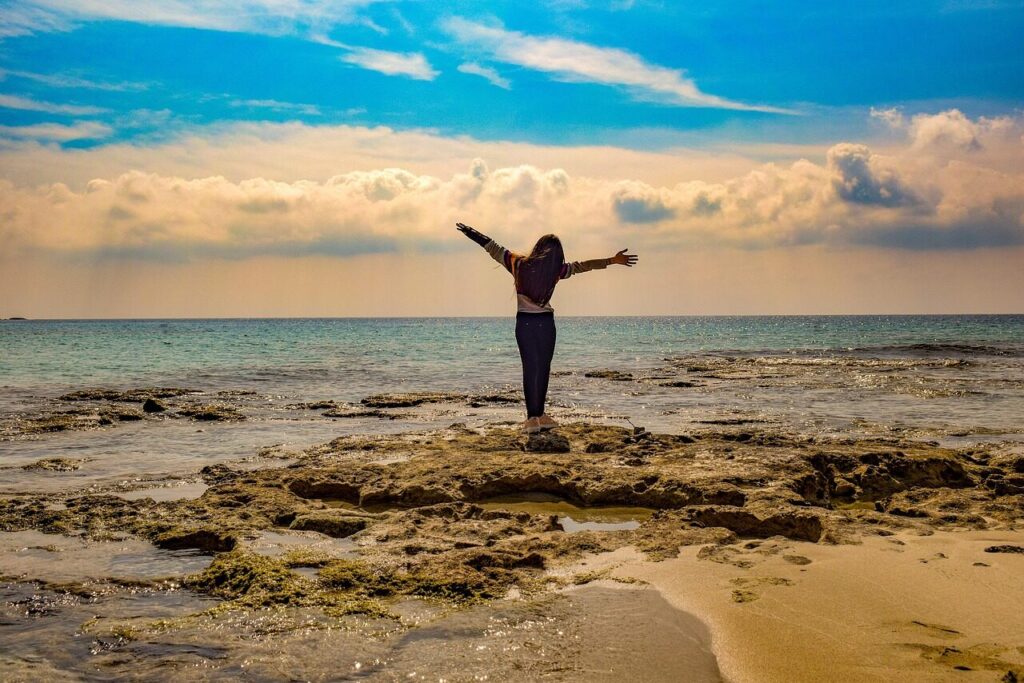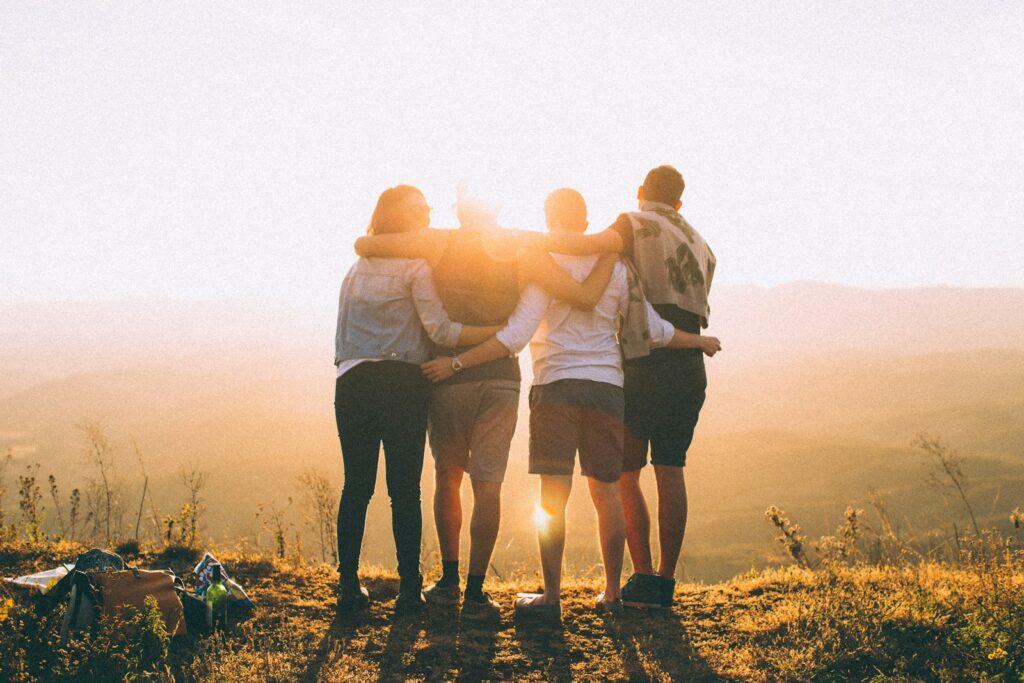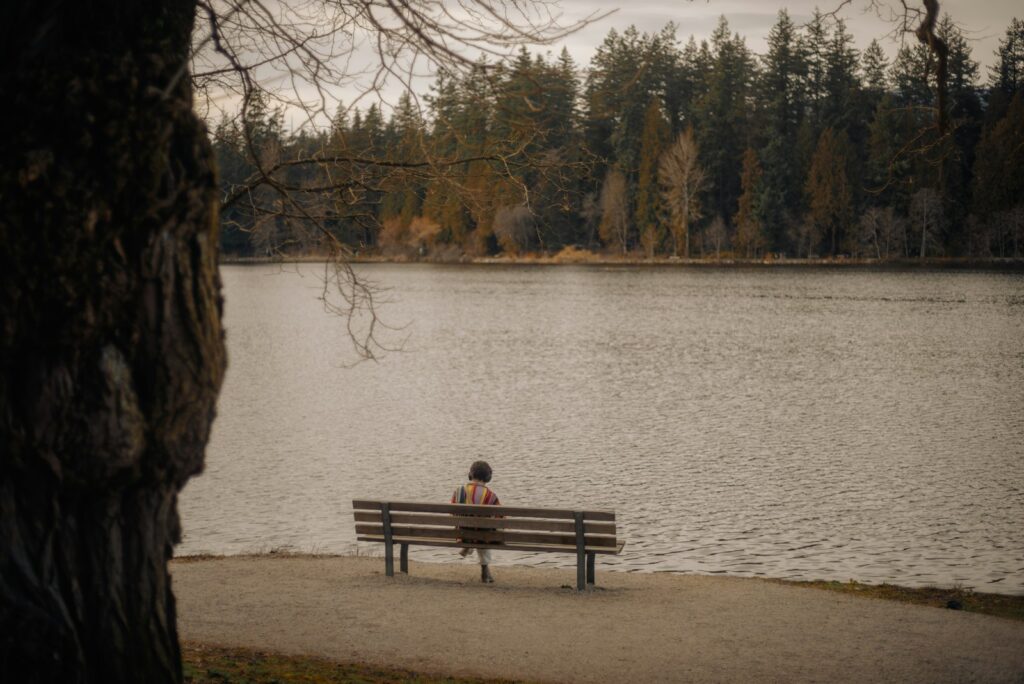There’s something quietly magnetic about isolation. For some, home isn’t where neighbors greet them over fences or city lights glow through the night; it’s where silence reigns, and the horizon stretches endlessly. The pull toward solitude is not new; in fact, psychologists note that our increasing digital saturation often heightens the craving for disconnection. People who seek remoteness aren’t always escaping, they’re returning to a simpler rhythm that feels more authentic. For them, distance doesn’t mean loneliness; it means peace.
The Call of the Wild Is Innate
Humans evolved as explorers, moving constantly across landscapes before cities tied us down. For some, this ancient instinct still hums quietly beneath the noise of modern life. Being miles away from anywhere awakens something primal, a reminder of survival, curiosity, and raw beauty. Psychologists suggest that those drawn to remote living experience a sense of “biophilic resonance,” feeling calmer in nature’s unpredictability. The wilderness isn’t chaos to them, it’s comfort, an echo of an older human truth that civilization has merely buried under concrete.
Silence Becomes a Form of Healing
In remote places, silence isn’t just an absence of sound, it’s presence. The kind that slows the heart and quiets the mind. Studies have found that constant noise, from traffic to notifications, subtly raises stress hormones. Those who feel at home in solitude crave the kind of stillness that city life can’t offer. It’s not rejection of people but restoration of balance. In the hush of a distant valley or forest cabin, thoughts settle naturally, and the body remembers what calm really feels like.
Distance Redefines Freedom
For people drawn to remote living, space equals freedom-freedom from routines, roles, and expectations. When you live far from anywhere, decisions start to matter differently. What time you wake, how you spend your day, these are dictated by light, weather, and instinct rather than schedules. Sociologists argue that the modern world compresses choice into convenience, while remoteness expands it into meaning. This sense of agency, of living on one’s own terms, feels deeply liberating. To them, freedom doesn’t mean more options, it means fewer constraints.
Nature Becomes a Constant Companion

In isolation, nature isn’t a backdrop, it’s the entire stage. Each sunrise and gust of wind becomes part of daily life, not an interruption from it. People who feel at home in faraway places often describe an intimacy with the landscape that urban dwellers rarely know. The creak of trees, the shimmer of rain on tin roofs, these sensory details replace artificial entertainment. Many report heightened mindfulness simply from living in rhythm with nature’s pace. It’s not about escape, but immersion, being part of something vast and alive.
Simplicity Feels Like Luxury

When you’re far from the world’s conveniences, life pares down to essentials, and that reduction feels enriching, not restrictive. For those who thrive on isolation, fewer possessions mean more clarity. The absence of excess becomes a kind of wealth. They trade abundance for authenticity, comfort for connection with what’s real. Studies show that minimal living environments often correlate with higher emotional well-being. Simplicity stops being sacrifice and becomes sanctuary, a deliberate choice to live lightly, freely, and with intent.
Technology Feels Like a Chain, Not a Bridge
While technology keeps us connected, it also keeps us tethered to news, expectations, and endless scrolling. People who seek remote living often do so to cut that invisible cord. They find that being unreachable restores something deeply human: presence. Disconnecting from digital life allows thoughts to wander and creativity to breathe. Paradoxically, in the middle of nowhere, they feel more in touch with themselves, their surroundings, and the moment. It’s less about rejecting progress and more about reclaiming mental freedom.
Isolation Deepens Self-Awareness
Solitude can be confronting. Without distractions, you face yourself, your thoughts, fears, and truths. But those who feel at home in isolation see that confrontation as cleansing. It’s an emotional detox that urban life rarely allows. In remote spaces, there’s no noise to drown out insecurity, forcing deeper reflection. Many describe developing a stronger sense of identity and purpose away from others. For them, distance doesn’t create emptiness, it sharpens understanding. They return from solitude more centered, self-assured, and quietly confident.
The Beauty of Time Slowing Down
In the wilderness, time stretches. There are no deadlines, only the steady passage of daylight and shadow. People who thrive in remote places often describe days that feel fuller even when less happens. This slower rhythm lets experiences sink in, meals taste better, moments last longer, and attention sharpens. Psychologists note that this mindful pacing reduces anxiety and restores mental balance. In isolation, time stops feeling like an enemy to race against and becomes a gentle companion that moves naturally.
Community Becomes Quality Over Quantity

Those who live remotely still crave connection, but not the crowded kind. They prefer fewer relationships with deeper meaning. The remoteness filters out superficial bonds, leaving behind only those who truly matter. When every visit or message requires effort, appreciation deepens. Anthropologists say these slower, intentional connections often yield stronger emotional ties. For the distance-seeker, friendship becomes sacred precisely because it’s rare. In solitude, love and loyalty are measured not by frequency, but by sincerity.
Isolation Isn’t Escape,It’s Return

To outsiders, people who choose solitude might seem to be running away. But often, they’re returning to themselves, to nature, to the essence of being alive. The world constantly tells us to keep up, buy more, and stay connected. Yet, some souls feel most complete when detached from that noise. They don’t crave isolation to vanish but to rediscover perspective. Miles from anywhere, surrounded by silence, they finally hear what matters most: the steady, quiet heartbeat of their own peace.
Comments